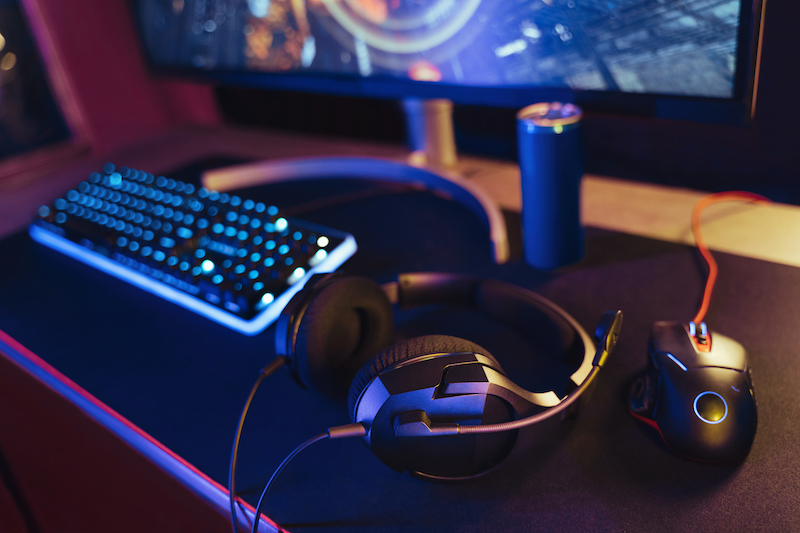
Desktop or Console - has anything changed?
In the vast world of video gaming, the debate between desktop (or PC) gaming and console gaming has been a perennial one. Both platforms offer unique experiences, advantages, and disadvantages. The question of which is "better" often boils down to individual preferences, but let's delve into the strengths and limitations of each to provide a balanced perspective.
Desktop Gaming:
Advantages:
- Upgradability: One of the biggest advantages of PC gaming is the ability to upgrade components. If a game requires a more powerful processor or graphics card, you can replace that specific component without buying a new system.
- Customizability: Beyond hardware, PC gamers have more flexibility to customize their gaming experience, from modding games to tweaking graphics settings for optimal performance or visuals.
- Game Library: With platforms like Steam, Epic Games Store, and GOG, PCs offer an extensive game library, often with substantial sales and discounts. There's also a vast array of indie games, legacy titles, and free-to-play options.
- Multiple Uses: A gaming PC isn't limited to just playing games. It can be used for work, content creation, browsing, watching movies, and much more.
Disadvantages:
- Initial Cost: A high-end gaming PC can be expensive. While it offers superior performance, the initial investment is typically higher than that of a console.
- Complexity: Building a PC requires some technical knowledge. Though rewarding for many, it can be daunting for beginners.
Console Gaming:
Advantages:
- Consistency & Ease of Use: Consoles offer a plug-and-play experience. There's no need to worry about system requirements or compatibility issues; if you buy a game for a specific console, it's guaranteed to run.
- Exclusive Titles: Each console often has exclusive games, which can be a major selling point. Titles like "The Last of Us" for PlayStation or "Halo" for Xbox have garnered significant acclaim and fanbases.
- Optimized Performance: Games developed for consoles are optimized for that specific hardware, ensuring consistent performance.
- Social Gaming: While PC games also offer multiplayer options, consoles have a strong tradition of local multiplayer gaming, fostering in-person social experiences.
Disadvantages:
- Less Flexibility: Consoles don't offer as much flexibility in terms of game mods or tweaking settings. What you see is typically what you get.
- Upgradability: Unlike PCs, when a new console generation is released, you can't simply upgrade a part of your existing system; you usually need to purchase an entirely new unit.
So, Which is Better?
The answer isn't straightforward. If you value customization, a broader game library, and the multifunctionality of your device, a gaming PC might be your preferred choice. The long-term value can also be higher with a PC, given the upgradability and potential for diverse usage beyond gaming.
However, if you're looking for a consistent, user-friendly experience without the need to tinker or adjust settings, a console might be more appealing. Consoles are often ideal for gamers who prefer gaming on a larger screen, value exclusive titles, or enjoy local multiplayer sessions with friends.
In the end, whether desktop or console gaming is "better" is subjective. It's about personal preferences, priorities, and the kind of gaming experience one seeks. Both platforms have their merits, and many avid gamers often find joy in owning both to get the best of both worlds.


